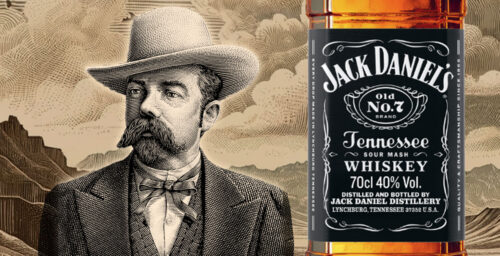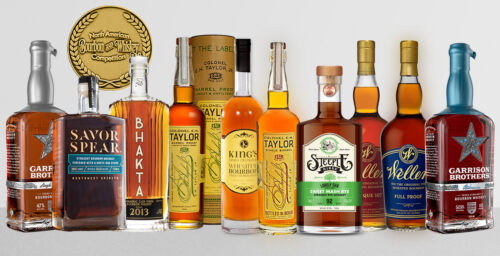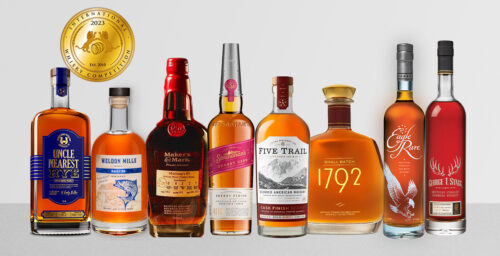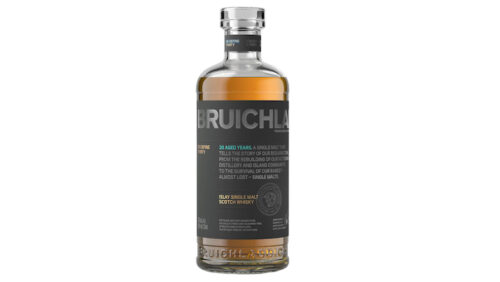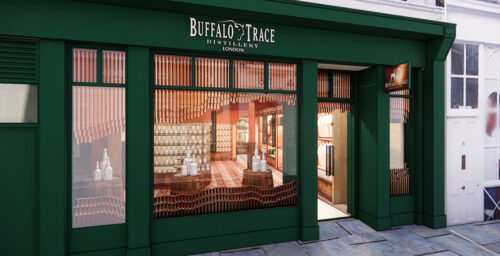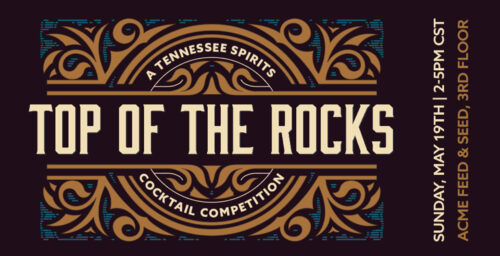Let’s haul out a couple of old saws to tee up this commentary:
“The more things change, the more they stay the same.” French writer Jean-Baptiste Alphonse Karr
“What has been will be again, what has been done will be done again; there is nothing new under the sun.” King Solomon of Israel, Book of Ecclesiastes
Both are applicable to current news about a government-level whiskey scandal, a retailer’s questionable whiskey acquisitions and shipments, and a lawsuit between a bulk whiskey investment group and its distillery supplier.
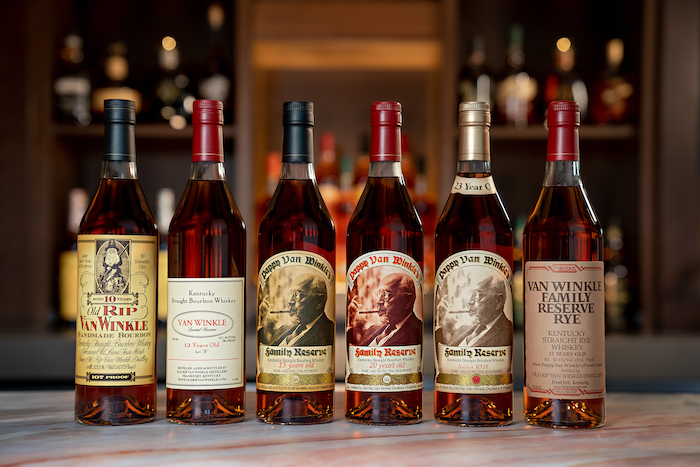
I’ve heard a lot of opinions about all three stories, and I’m impressed by whiskey drinkers’ interest in them. It shows people are more interested than ever in American whiskey and those who make and sell it.
Yet I’m more fascinated by the lack of surprise that anything illegitimate is happening here. A reporter friend summarized it nicely: “Ahh, that kind of stuff happens everywhere. I’m not surprised it’s happening in whiskey. But people relate to it more nowadays because they know the product involved.”
In case you don’t know, the stories I’m referring to are these:
- Commissioners of the Oregon Liquor and Cannabis Commission (OLCC) are in hot water for holding back bottles of highly allocated bourbons for their own consumption. These folks took the pick of the litter before such bottles ever made it to retailers. According to “The Oregonian” newspaper, a half dozen agency managers—including its executive director—were implicated and reprimanded (whatever that means for ANY government official anywhere).
- Apparently, this has gone on for years, and Oregon Gov. Tina Kotek wants all involved sacked. So far, only Steve Marks, the Commission’s executive director, has resigned.
- Raids at Justins’ House of Bourbon (JHOB): This two-unit retail chain in Kentucky was a trailblazer when it opened its Lexington, Ky., shop and began buying and selling vintage spirits a few years ago. Now, the Kentucky Alcoholic Beverage Control is accusing the business of improper acquisition, possession, transport and sale of whiskey, including vintage spirits. In January, both of its stores were raided, as was its Washington, D.C., online store HQ, BourbonOutfitter.com Numerous bottles were confiscated from all three locations, but all locations remain licensed and in operation.
- The details are too numerous to list here, but it’s safe to call this a case study in 1. how vintage spirits laws are written and could be upheld, 2. what, if any, lasting impacts will change how JHOB operates, and 3. whether any outcome will discourage others from opening a vintage spirits business.
- One comment I’ve heard recently is, “I know lots of retailers who are doing the very same things,” one reporter friend said. “Some are flat-out flagrant about it, so I’m surprised more aren’t in trouble.”
- Washtucky suing Wilderness Trail Distillery (WTD): Washtucky, which is part of Freestone Capital Management, a Seattle-based hedge fund, is suing Wilderness Trail Distillery in Danville, Ky., for not delivering 12,500 barrels of whiskey it distilled, aged and promised to the fund.
- What’s a hedge fund doing buying barrels of whiskey, you ask? In the last several years, aging whiskey stocks have become attractive alternative investments for moneyed groups and private investors. Such investors pay distilleries to make, barrel and age their whiskey, but they don’t typically take possession of those goods. Instead, the investors sell it to companies who buy it by the barrel, bottle it and sell it at retail.
- According to WDRB.com in Louisville, Ky., in 2020, Washtucky and WTD signed a contract for 40,000 barrels of whiskey over four years, and sometime later, an additional 13,500 barrels were added to the deal. But in the lawsuit, Washtucky claims the relationship with WTD broke down and that WTD unlawfully cancelled the contract, leaving it 12,500 barrels short of what was promised. The lawsuit claims Washtucky lost out on $21.7 million in profits (before storage and transfer costs), which is some serious skrilla.
Knowing what you now know about these events, are you having a, “Who’da thunk it?” moment? Twenty years ago, as American whiskey was rising from its three-decade slumber, no one would have predicted that bourbon or rye would be at the center of scandals, store raids and lawsuits.
But then again, it was likely inevitable. As my wife and I recently watched the Ken Burns documentary, “Prohibition,” its rise, rule and fall, all of these current messes, while not wholly analogous to problems created by that 13-year disaster, made sense. In most every case, such problems are born out of pursuit of profits and perceived privilege. Mobsters intimidated and killed for illegal alcohol profits, and no one seemed as busy violating the Volstead Act than the public officials who voted the country dry.
Two decades ago, you could spend pocket change on neglected bottles at retailers, yet now those bottles sell for hundreds and thousands of dollars on the secondary market. The commissioners of the OLCC thought highly enough of themselves to be first in line to buy those coveted bourbons—at MSRP, I’m sure—other taxpayers may never even see, much less taste.
Justins’ House of Bourbon saw a business opportunity based on purchasing and reselling countless vintage bottles they knew were in the hands of collectors and forgotten in closets and basements around the country. Now Kentucky officials accuse the business of buying too many of those neglected bottles from sellers within a legally allowable time period (among other charges).
And there’s Washtucky, which made a pure investment play in the bulk whiskey market. The product didn’t matter to investors, but the value of those assets was too attractive to ignore. Big money is on the line, and they want it.
Liquor denied a century ago turned into a moral meltdown we hope will never recur. But liquor supplied and monetized anew … that story is being written before our eyes.

